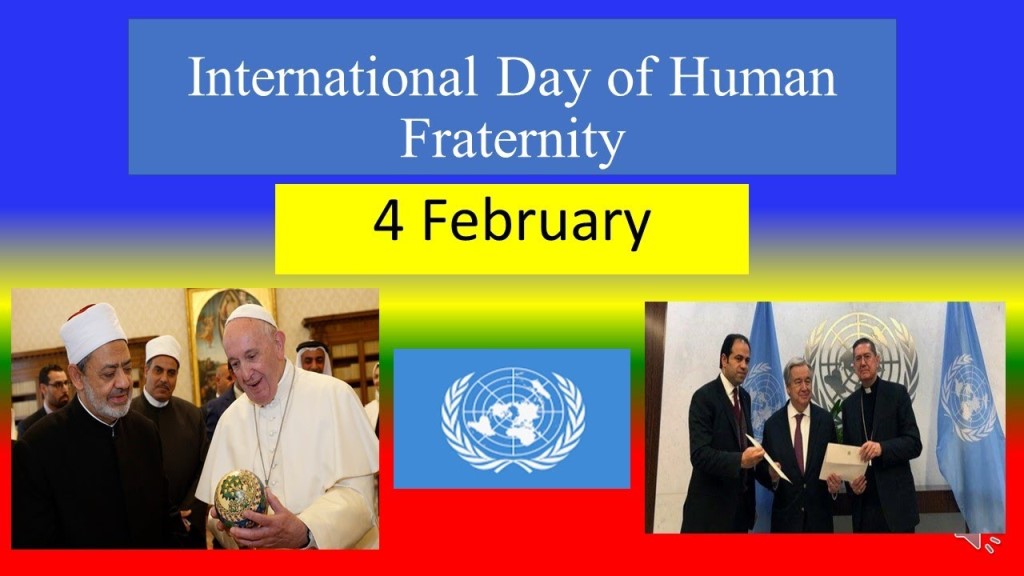AfricaPress-Tanzania: AS we end January today, tomorrow we start February during which this Thursday Tanzania joins other countries across the world to mark International Day of Human Fraternity.
It was adopted by the UN General Assembly on December 21, 2020 when it was proclaimed beginning this year February 4 would each year be observed as International Day of Human Fraternity.
The focus is to promote a culture of peace and cooperation in the understanding that peace ‘is not only the absence of conflict, but also requires a positive, dynamic participatory process, in which dialogue is encouraged and conflicts are resolved in a spirit of mutual understanding and cooperation’.
Pope Francis in his October 3, 2020 Encyclical Letter ‘Fratelli Tutti’ expounds the concept of human fraternity and social friendship. He says our own days seem to be marked by ‘signs of a certain regression.
Ancient conflicts thought long buried are breaking out anew, while instances of myopic, extremist, resentful and aggressive nationalism are on the rise’.
He, however, proposes the path of goodness, together with love, justice and solidarity, which he says ‘have to be realised each day’.
The UN General Assembly, while taking note of a meeting between Pope Francis and Grand Imam of Al-Azhar, Ahmad al-Tayyib, in Abu Dhabi on February 4, 2019, which resulted in their signing of a document entitled “Human fraternity for world peace and living together”, encourages interreligious and intercultural dialogue to enhance peace and social stability.
It also encourages respect for diversity and mutual respect and create, at global level, and also at regional, national and local levels, an enabling environment to peace and mutual understanding.
The UN Assembly recognises too the valuable contribution of people of all religions or beliefs to humanity and the contribution that dialogue among all religious groups can make.
It is in light of this that we reiterate a need to adopt a culture of peace, dialogue, solidarity, cooperation and tolerance in resolving international, regional and national issues that often tend to divide us and our world and leave us resentful and tempted to turn against each other in vengeance.
In our country religious leaders have recognised this need of interfaith dialogue and collaboration in issues that unite them rather than focus on issues that divide them as individuals and people.
This is a good beginning which we think must be encouraged to all members of faith communities so that they may see each other more as brothers and sisters of one nation than individual adherents of different and divisive religious organisations.
So, let us promote tolerance and eliminate discrimination on the basis of religion or a belief system.







